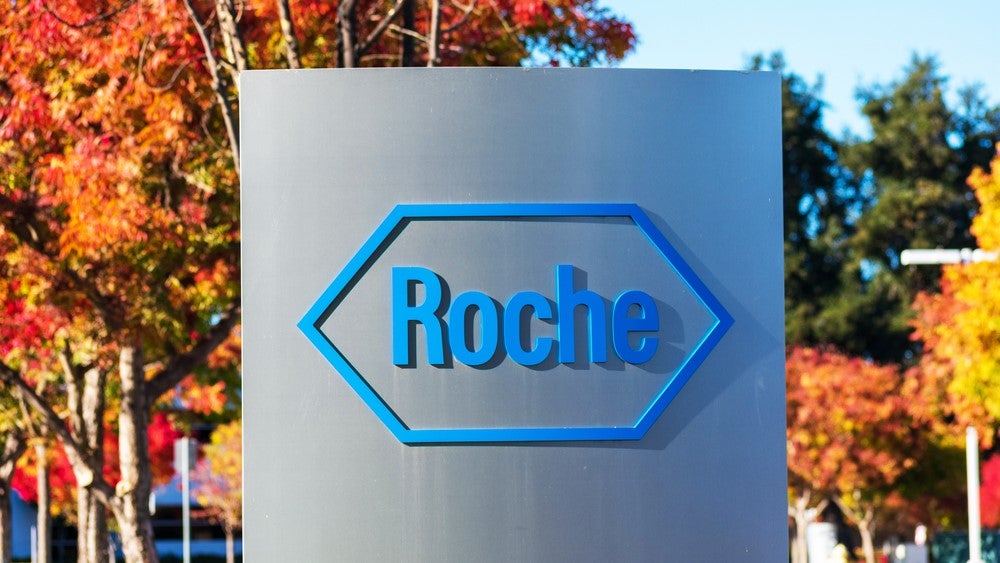On 5 March 2024, Innovent Biologics and Anheart Therapeutics announced the Chinese National Medical Products Administration (NMPA)’s acceptance of the second new drug application (NDA) for the ROS1 tyrosine kinase inhibitor (TKI) taletrectinib (IBI344) for treating first-line non-small cell lung cancer (NSCLC) patients with ROS1 rearrangement. Its first Chinese NDA was accepted in November 2023 to treat ROS1-positive NSCLC patients with prior ROS1 TKI exposure.
With its impressive overall response rate (ORR) in both first and second-line patients, taletrectinib is going to become the new standard of care for 4,000 ROS1-positive adult NSCLC patients in China by 2025. Established foreign players such as Genentech’s Rozlytrek (entrectinib) and Pfizer’s Xalkori (crizotinib), along with the upcoming in-licensed Augtyro (repotrectinib) from ZaiLab, will see significantly intensified competition in the narrow segment.
Taletrectinib has shown potential best-in-class efficacy
Following Bristol Myers Squibb’s (BMS) Augtyro, taletrectinib is one of the first agents to provide segmented efficacy data on ROS1-positive NSCLC patients based on their line of therapy. The TKI has shown potential best-in-class efficacy in Chinese NSCLC patients in its China-exclusive Phase II TRUST-I trial (NCT04395677). In 67 first-line patients, the agent demonstrated a remarkable ORR of 92.5%, with a disease-control rate (DCR) of 95.5%. In 38 second-line patients pre-treated with Xalkori, an ORR of 52.6% and a DCR of 81.6% were achieved. The median duration of response for both patient arms was not yet reached at the trial’s cut-off point.
Taletrectinib’s efficacy data is a noticeable step up from Augtyro’s performance in the Phase II TRIDENT-1 study. Augtyro had worse ORRs in both first-line (79%) and second-line (38%) patients. Similarly to Augtyro, taletrectinib showed improved central nervous system (CNS) penetration for brain-metastatic patients over first-generation ROS1 TKIs, achieving an intracranial ORR of 91.7%. Taletrectinib has a slight edge in tolerability, showing less-frequent occurrence of dose interruption (20.2% vs. 48%) and treatment discontinuation (5.1% vs. 8.0%) compared to Augtyro.
China’s competitive landscape is difficult
In GlobalData’s NSCLC Epidemiology Forecast to 2032, it is expected that the number of ROS1-positive NSCLC patients over age 18 will reach 3,906 in urban China by 2024. The limited incidence of the mutation, in addition to the cost-conscious reimbursement policy, contributes to the difficult competitive landscape in China, with only four players to be competing in the near future. Xalkori received its NMPA approval for NSCLC in 2013, followed by Rozlytrek’s approval in 2022. Xalkori and Rozlytrek are less competitive due to their less impressive ORRs and uncertainties in second-line efficacy, while Augtyro has proved itself to be a more efficacious and durable competitor in the US.
See Also:
In-licensed by ZaiLab, Augtyro’s NDA in China was accepted in June 2023. Despite the nine-month delay in the regulatory process, Innovent is likely to see lighter sales pressure from ZaiLab thanks to Innovent’s larger commercial salesforce and more robust hospital coverage countrywide. Initiating a new domestic trial evaluating taletrectinib in Chinese paediatric and young adult patients (above 12 years old) with ROS1-positive NSCLC or even NTRK-positive tumours, would be a viable strategy for Innovent to further prove taletrectinib’s clinical differentiation from Augtyro, as BMS has conducted the Phase I/II CARE study in the younger patient population outside China.
How well do you really know your competitors?
Access the most comprehensive Company Profiles on the market, powered by GlobalData. Save hours of research. Gain competitive edge.

Thank you!
Your download email will arrive shortly
Not ready to buy yet? Download a free sample
We are confident about the unique quality of our Company Profiles. However, we want you to make the most beneficial decision for your business, so we offer a free sample that you can download by submitting the below form
By GlobalDataBeyond China, taletrectinib is being investigated in the Anheart-sponsored global Phase II TRUST-II trial with an estimated primary completion date of mid-2025. Its breakthrough designation granted by the FDA will expedite its regulatory journey into the US market. GlobalData anticipates taletrectinib to reach annual sales of $9 million by 2029, according to analyst consensus forecasts.







Related Company Profiles
Innovent Biologics Inc
Genentech USA Inc
Zai Lab Ltd